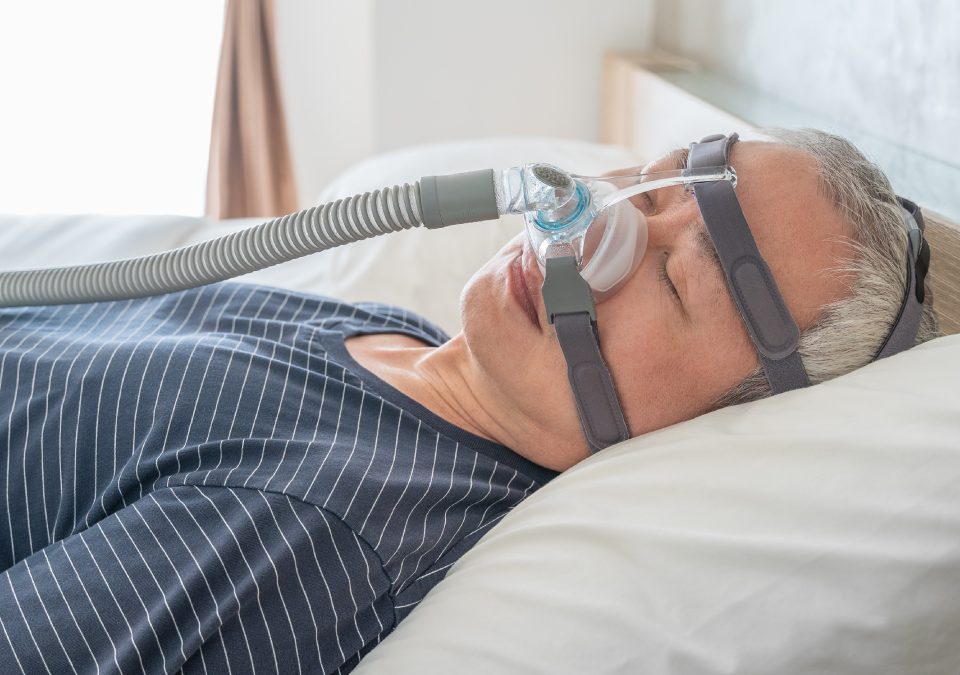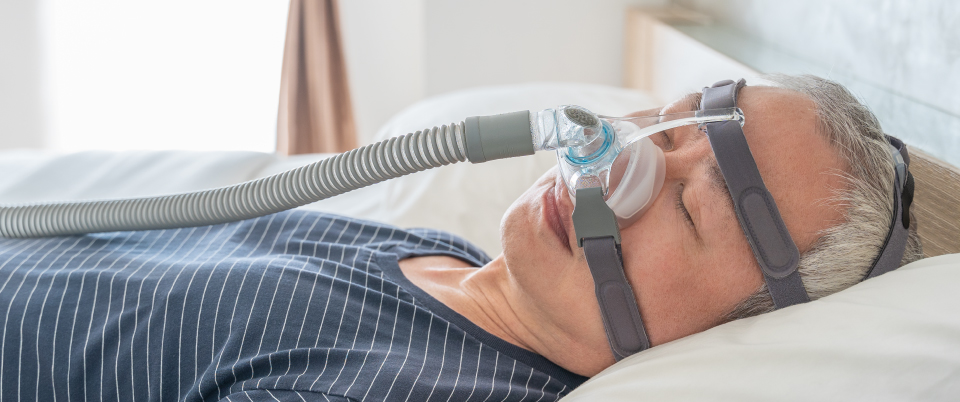

The difference in CPAP and BPAP devices can basically be explained as follows; CPAP devices can be adjusted to a fixed pressure, while BPAP devices can be adjusted to different pressures during inhalation and exhalation. Thanks to these two different settings in BPAP devices, more air enters the patient’s respiratory system. Apart from these, there is also an APAP device. APAP is known as automatic CPAP device. The automatic CPAP device does not remain constant at a certain value, it detects your needs through sensors and provides the most accurate pressure by analyzing it with its software.
Table of Contents
What is CPAP Device?
CPAP unit is among the most prescribed devices for sleep apnea treatment. Developed for people with respiratory problems during sleep, the device increases breathing and sleep comfort by keeping the upper respiratory tract open during sleep. Literally, CPAP is continuous positive airway pressure therapy.
What is a BPAP Device?
BPAP literally means bi-level continuous positive airway pressure. BPAP devices apply different pressures while the person is breathing during sleep. There are two concepts here, namely IPAP and EPAP. The concept of IPAP refers to the pressure value applied by the device while the user is inhaling, while EPAP is exhaling. Thanks to these two values, a pressure difference occurs in the respiratory tract and this pressure difference is used in the treatment.
What is APAP (Automatic CPAP Device)?
Automatic CPAP device analyzes your pressure needs during sleep through sensors and tries to give the most accurate pressure. If your treatment pressure is 10 cmH2O, CPAP devices will continue to operate at 10 cmH2O pressure, no matter how much pressure you need, no matter what position you are in during the night. The automatic CPAP (APAP) device will give 5 if your need is 5, 7 if it is 7, or 10 if it is 10. It gives the minimum pressure to keep your airway open.
Which Device Is More Device for You?
Here CPAP is usually the device of first choice.
However, if you have health conditions that require higher pressure ranges to help you breathe while you sleep, you may choose BPAP or APAP.
Your insurance coverage may vary. Many insurances cover CPAP devices first. Because CPAP devices are more cost-effective and provide effective results for many people.
How to Choose a CPAP-BPAP Mask?
CPAP and BPAP types are used with masks attached to the face of the patients. The compressed air applied by the devices for treatment is transmitted to the mask via a breathing tube. With the mask attached to the patient’s face, only mouth or nose respiratory therapy can be applied, as well as respiratory therapy from both mouth and nose at the same time. In this case, physicians decide on mask selection as well as device selection.
CPAP and BPAP Mask Types
- Nasal Mask
- Nasal Cannula
- Nose Padded Mask
- Oral Mask
- Ora-Nasal Mask
- Whole Face Mask
The most basic task of masks used for the treatment of respiratory diseases is to provide comfort to the user. Here, comfort is of great importance for the continuity of the treatment. At least as much as the quality of the device, the quality of the mask used and its compatibility with the user are also very important.
You can review sleep apnea group products and mask types on our website. For detailed information, you can contact us by WhatsApp or by filling out the form below.
